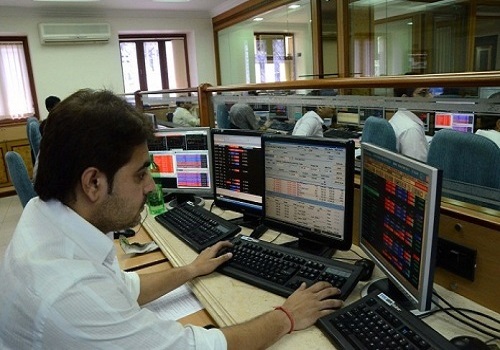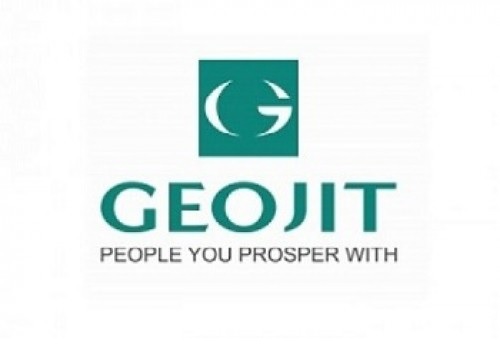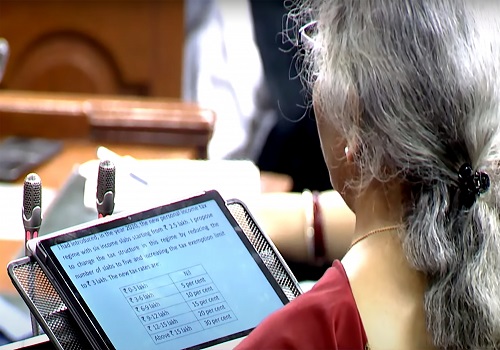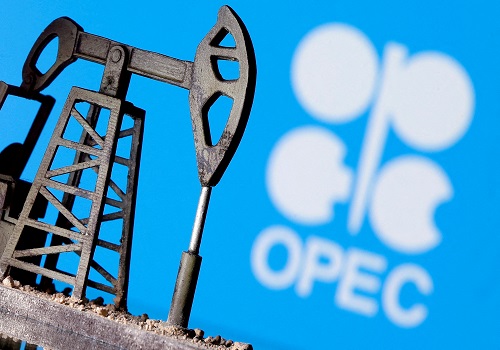Benchmarks sink for 4th day in row; Nifty gives up 15,900 mark
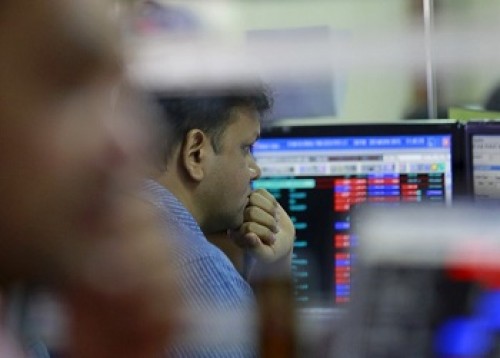
Follow us Now on Telegram ! Get daily 10 - 12 important updates on Business, Finance and Investment. Join our Telegram Channel
Indian equity benchmarks suffered sharp losses for the fourth straight day in a row, dragging the Sensex and Nifty below critical levels of 52,900 and 15,900, respectively. Concerns about the Russia-Ukraine conflict, as well as rising crude oil prices, drove the markets lower. The markets started the week with a huge downside gap, as sentiments got hit as Jayanth R Varma, who is a member of the Monetary Policy Committee (MPC) of the Reserve Bank of India (RBI), has said the Russia-Ukraine conflict is likely to have adverse effects on both economic growth as well as inflation and policy makers must remain alert and ready to respond rapidly to the emerging situation. The mood on the street got impacted as a private report lowered India’s economy growth forecast to 7.8 per cent for 2022 due to the nation’s exports being impacted by the Russia-Ukraine war and spiking oil prices causing ripple effects. It said rupee is likely to further depreciate against US dollar while soaring commodity prices will push inflation up.
Key indices continued to trade in deep red in the late afternoon session as overseas investors withdrew as much as Rs 17,537 crore from the Indian markets in just three trading sessions of March as investors’ sentiment was dented by the uncertainty caused by the Russia-Ukraine war and rising crude oil prices. Market participants also took a note of Credit ratings agency Crisil’s report stated that the Reserve Bank of India’s (RBI) revised norms led to a 1.50 per cent jump in the non-banking finance companies’ (NBFCs) reported gross non-performing assets (GNPAs) to 6.80 per cent in the December quarter (Q3FY22). Meanwhile, the Goods and Services Tax (GST) Council in its next meeting may look at raising the lowest tax slab to 8 per cent, from 5 per cent, and prune the exemption list in the GST regime as it looks to increase revenues and do away with states' dependence on Centre for compensation.
On the global front, European markets were trading lower as the Russian-Ukraine conflict showed no sign of cooling, triggering the fastest-growing humanitarian crisis in Europe since World War II. Asian markets ended in red on Monday following the broadly negative cues from Wall Street, as concerns about slowing economic growth and inflationary pressures are hurting market sentiment amid the escalation of the Russian-Ukraine crisis over the weekend, resulting in more sanctions and threats of nuclear deployment. Back home, metal stocks were in limelight as domestic steel makers have hiked the prices of hot-rolled coil (HRC) and TMT bars by up to Rs 5,000 per tonne as supply chain is being impacted amid ongoing Russia-Ukraine conflict. Agriculture industry stocks were in focus as India’s exports of agricultural items and processed foods rose 23% year on year to $19,709 million during April-January 2021-22, indicating continued robustness of the segment in the country’s exports basket. Besides, stocks related to Footwear and Leather industry were in watch as the Department for Promotion of Industry and Internal Trade (DPIIT) has notified continuation of a central sector scheme - Indian Footwear and Leather Development Programme (IFLDP) - with an approved expenditure of Rs 1,700 crore till March 31, 2026.
Finally, the BSE Sensex fell 1491.06 points or 2.74% to 52,842.75 and the CNX Nifty was down by 382.20 points or 2.35% to 15,863.15.
The BSE Sensex touched high and low of 53,203.87 and 52,367.10, respectively. There were 4 stocks advancing against 26 stocks declining on the index.
The broader indices ended in red; the BSE Mid cap index fell 2.25%, while Small cap index was down by 2.30%.
The top gaining sectoral indices on the BSE were Metal up by 2.68%, Telecom up by 1.43%, Oil & Gas up by 0.81%, TECK up by 0.25%, while Realty down by 5.31%, Bankex down by 4.59%, Finance down by 4.35%, Auto down by 4.02% and Industrials down by 3.27% were the top losing indices on BSE.
The top gainers on the Sensex were Bharti Airtel up by 3.46%, HCL Technologies up by 1.38%, Tata Steel up by 1.12% and Infosys up by 0.93%. On the flip side, Indusind Bank down by 7.63%, Axis Bank down by 6.70%, Maruti Suzuki down by 6.56%, Bajaj Finance down by 6.37% and Bajaj Finserv down by 6.27% were the top losers.
Meanwhile, Reserve Bank of India (RBI) Governor Shaktikanta Das has said ‘monetary policy is an art of managing expectations’ as he emphasised the need for an effective communication strategy amid concerns over rising inflation fuelled by geopolitical developments. He said the conduct of monetary policy has undergone notable changes in India and across the world as economies and markets evolved and policymakers gained greater insights into how economic agents interact in a complex economic system.
He noted that ‘As monetary policy is an art of managing expectations, central banks have to make continual efforts to shape and anchor market expectations, not just through pronouncements and actions but also through a constant refinement of their communication strategies to ensure the desired societal outcomes’. He added the communication works both ways -- while too much communication can confuse the market, too little may keep it guessing about the central bank's policy intent. The central bank also recognises that communication needs to be backed by commensurate actions to build credibility and instil wider confidence in policies.
He said the Reserve Bank of India (RBI) has actively used communication through a variety of tools -- the MPC resolutions and minutes, exhaustive post-policy statements together with a statement on developmental and regulatory measures, press conferences, speeches and other publications, especially the biannual Monetary Policy Report (MPR) -- to anchor expectations. The governor informed that price stability under the statute has been defined numerically by a target of 4 per cent for headline Consumer Price Index (CPI) with a tolerance band of +/- 2 per cent around it. The flexibility in the FIT (flexible-inflation targeting) regime comes from provisions to accommodate or see-through transitory supply-side shocks to inflation.
The CNX Nifty traded in a range of 15,944.60 and 15,711.45. There were 12 stocks advancing against 38 stocks declining on the index.
The top gainers on Nifty were ONGC up by 13.16%, Hindalco up by 6.31%, Coal India up by 4.20%, Bharti Airtel up by 3.59% and UPL up by 2.33%. On the flip side, Indusind Bank down by 8.14%, Maruti Suzuki down by 6.50%, Axis Bank down by 6.43%, Britannia Industries down by 6.30% and Bajaj Finserv down by 6.15% were the top losers.
European markets were trading lower; UK’s FTSE 100 decreased 113.01 points or 1.62% to 6,874.13, France’s CAC decreased 196.81 points or 3.25% to 5,864.85 and Germany’s DAX decreased 485.61 points or 3.71% to 12,608.93.
Asian markets ended in red on Monday as concerns about slowing economic growth and inflationary pressures are hurting market sentiment amid the escalation of the Russian-Ukraine crisis over the weekend, resulting in more sanctions and threats of nuclear deployment. Weakness also prevailed in the markets as Brent crude hit an intraday high of $139 a barrel, the highest since 2008, amid fears of a U.S. and European ban on Russian oil. Chinese shares fell after data showed the country's export growth slowed in the January-February period due to the week-long Lunar New Year holiday. Hong Kong stocks plunged to their lowest level in more than five years on concerns the war in Ukraine will worsen inflation. Japanese shares ended deep in the red as investors remained wary of the inflationary impact from the oil price rise.
Above views are of the author and not of the website kindly read disclaimer
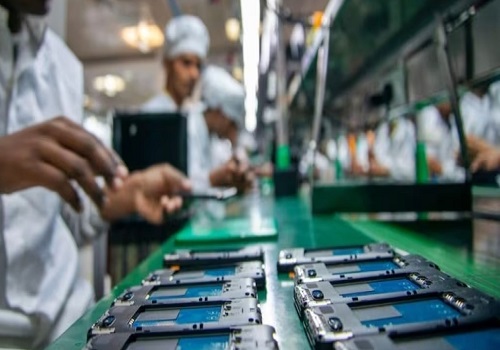
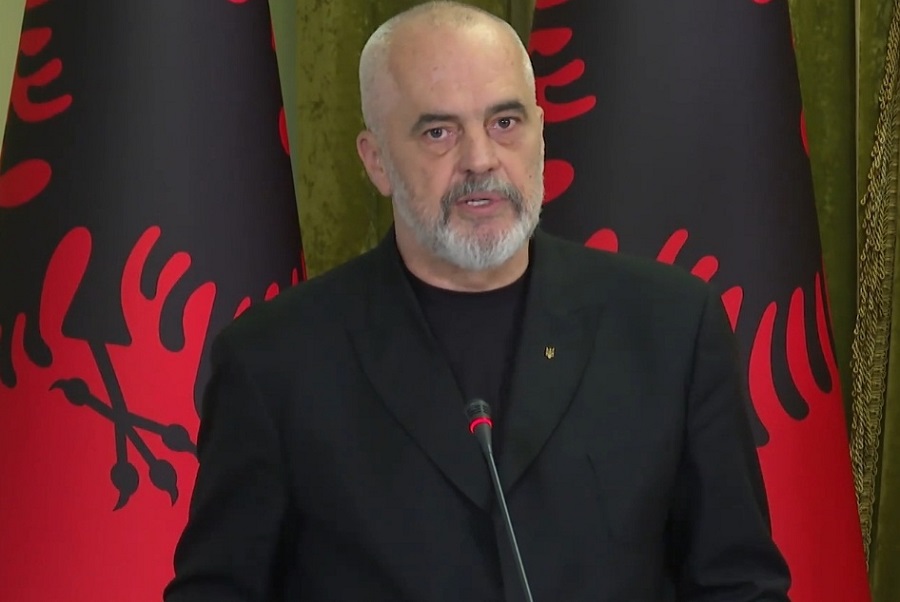
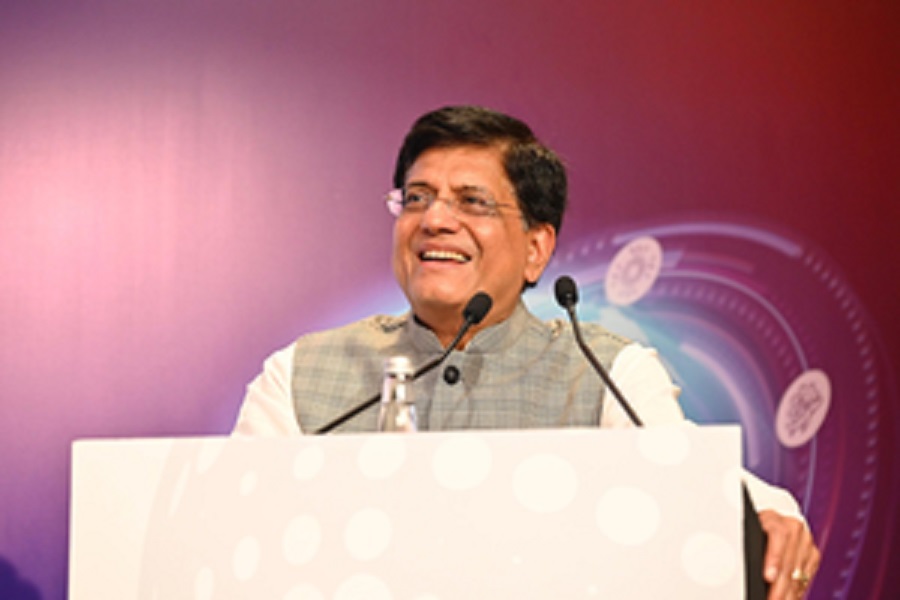
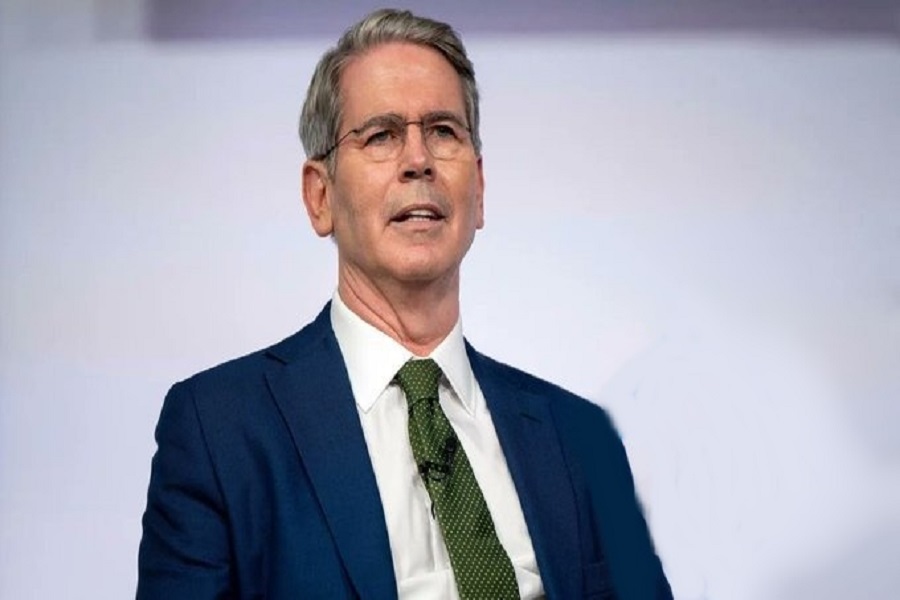

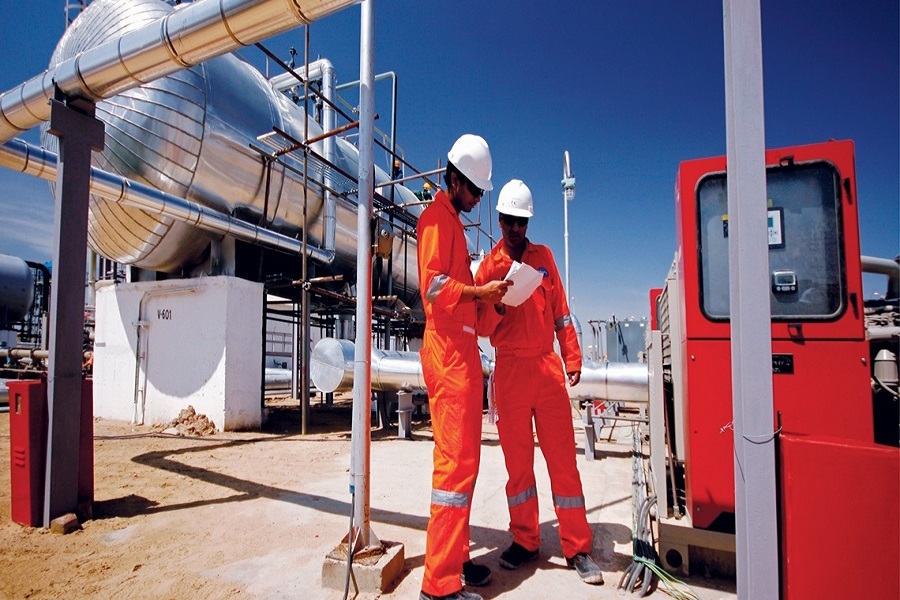




Tag News

Weekly Market Analysis : Markets strengthened recovery and gained nearly 2% in the passing w...



More News

Index after Nifty closed 25 points higher at 17,769 -ARETE Securities

